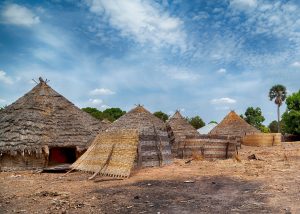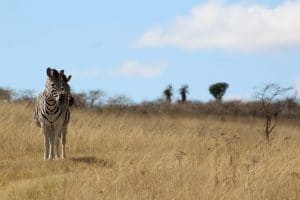Pandemic prevention should not victimise Indigenous Peoples and Local Communities
In a new paper published by Conservation Letters, authors Jason M. Tylianakis, Mark R. Herse, Sanna Malinennd, and Phil O’B. Lyver lay out how wildlife consumption bans would inflict economic and cultural harms on already marginalised people.
“During times of crisis, such as the present COVID pandemic, calls for immediate solutions are typically as rapid
as the apportionment of blame. For example, the implication of wildlife consumption as a potential source of
COVID led China to ban the hunting, consumption, trade, and transport of wild animals (including those with important societal values)”
“In conclusion, putting aside the potential ineffectiveness and difficulty of enforcing a wildlife consumption ban, adopting wildlife harvest or trade bans internationally could create a globally inequitable solution that disproportionately harms IPLC and people in poverty. In addition, the decisions surrounding wild meat policy must be made in genuine partnership with IPLC, not imposed upon them, while providing feasible pathways to protect the integrity of their culture. Solutions to complex problems are seldom simple, so we hope that both the media and policymakers will allow IPLC voices to enter the discourse on pandemic prevention, and that the world will pursue solutions that are both effective and promote equitable human rights and justice.”



